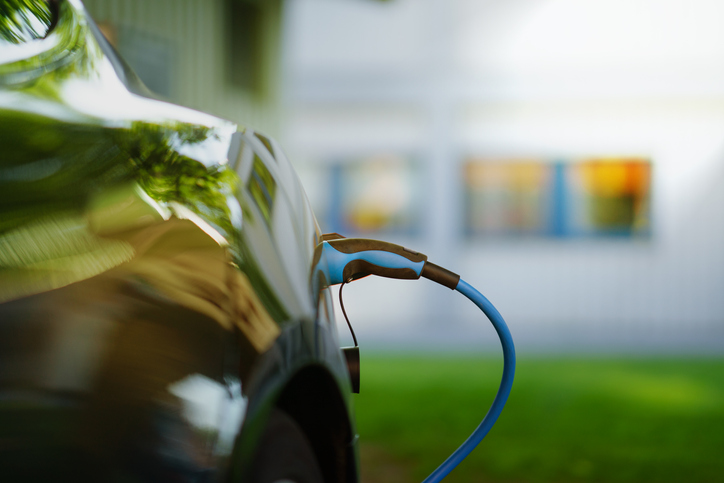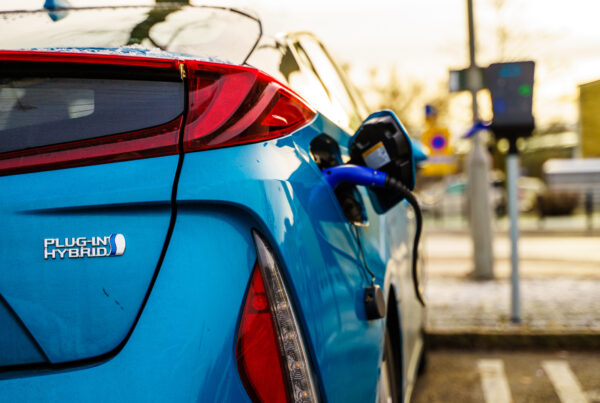As 2020 draws to a close the price of battery packs for electric vehicles is fast approaching a tipping point.
According to a price survey conducted by BloombergNEF, EV makers soon will be producing models that are as affordable — and as profitable — as comparable combustion engine models, and without the help of tax subsidies.
The average price per kilowatt-hour for a lithium-ion battery pack, according to the survey of nearly 150 buyers and sellers, has fallen to $137, down 13 percent from $157 in 2019.
A decade ago, these batteries sold for more than $1,100 per kilowatt-hour. The threshold for price parity with gasoline engines, according to BNEF, is around $100/kWh.
Cost-competitive EVs in the short-term are inevitable, according to Logan Goldie-Scot, head of clean power at BNEF and one of the authors of the report.
“We’re not talking about that crossover point being a decade away anymore,” he said. “For many vehicle segments, it’s in the next three or four years.”
The battery pack is the single most expensive part of an electric vehicle, accounting for about 30 percent of the total cost to consumers.
Tesla, the world’s largest EV maker, pays an estimated average of $115 per kilowatt-hour for batteries, according to the BNEF survey, down from $128 last year.




















